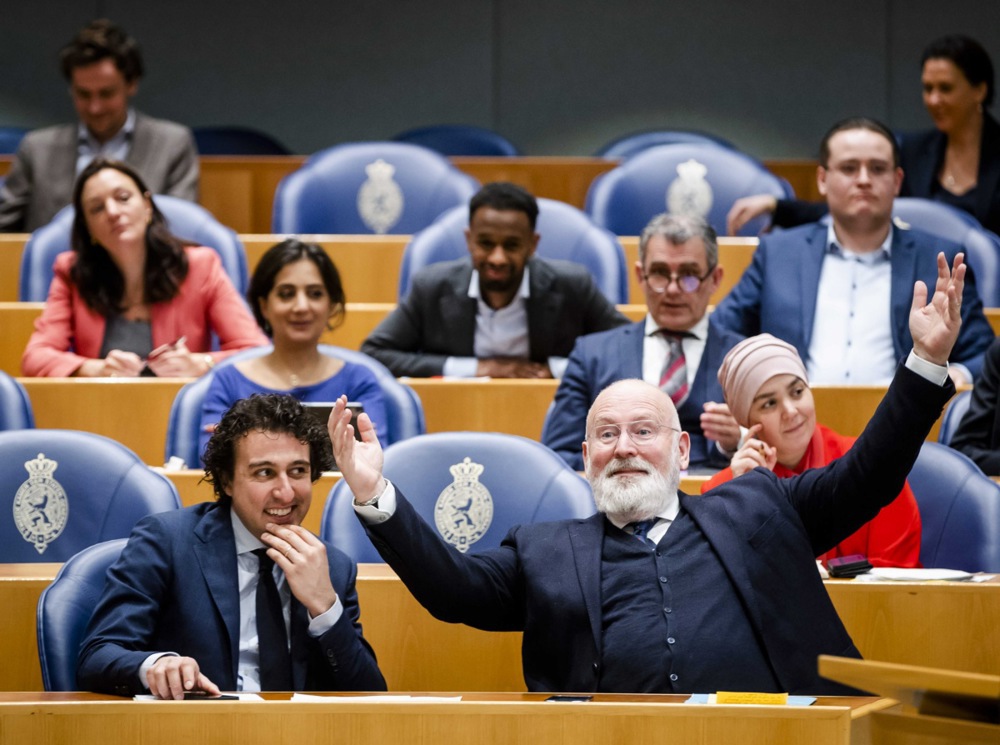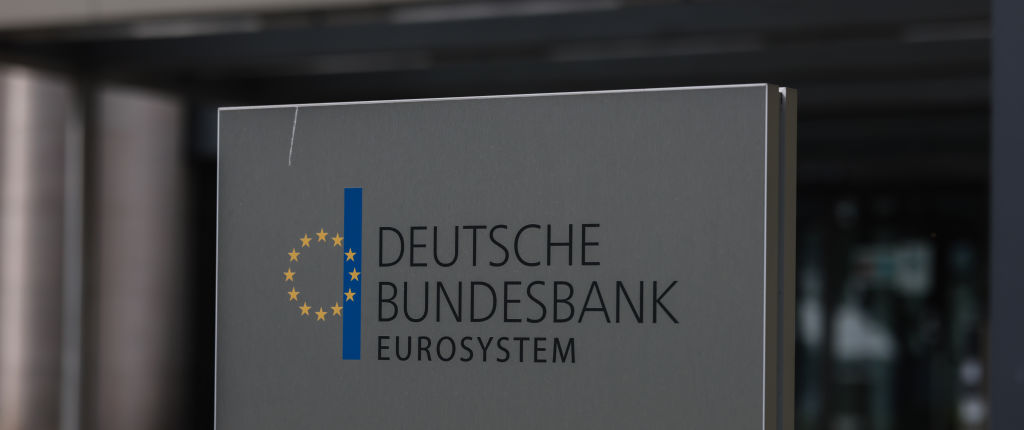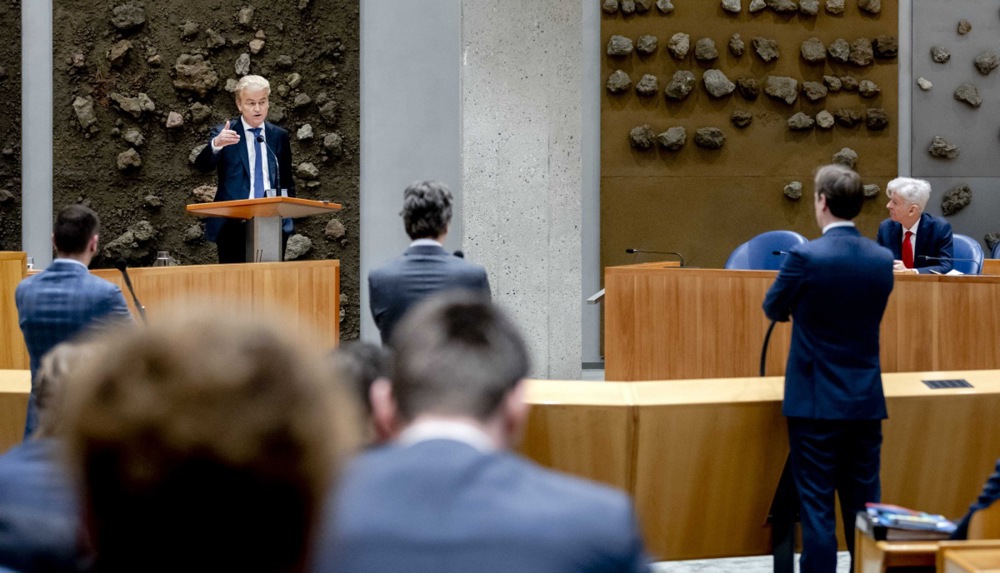Electric car charging station managers have been urged by the Dutch grid operator to shut down their services between 4pm and 9pm.
That is essential to reduce the burden on the overloaded electricity grid during peak hours, according to regional grid operator Stedin.
It said electric vehicles (EVs) should not be charged during peak hours because during that time “the grid is bursting at the seams”.
According to many, the Dutch EV infrastructure is not fully capable of meeting demand with a low-voltage electricity grid that dates back to a time when heating was fuelled by gas and all cars, vans and lorries ran on petrol or diesel.
Now, the increasing switch to electric means that the Netherlands’ power lines are exceptionally pressured from late afternoon daily.
If left unattended, the ever-growing demand on the grid could lead to about 1.5 million households suffering from power outages, it is feared.
The Netherlands now needs the installation of 105,000 kilometres of cable and the construction of 54,000 transformer substations, according to experts.
That means approximately one in every three streets across the country will have to be redeveloped from a power-supply perspective in order reinforce the electricity grid.
“We’re pulling out all the stops to expand the electricity grid. We’re investing at least €8 billion until 2030. But that alone won’t be sufficient,” said Stedin CEO Koen Bogers.
It is also expected that the number of electric cars will quadruple in the near future and the number of charging points will follow suit.
Research indicates that about 50 per cent of EVs are hooked into charging stations as soon as their drivers get home from work late afternoon or early evening. These vehicles are usually only disconnected the following morning.
Robert van Gent of the Dutch Electric Vehicle Drivers Organisation (VER) told the NOS broadcaster that the grid operator’s call was a disincentive for those thinking about switching to electric driving.
“This kind of appeal can have a deterrent effect on motorists who currently drive on gasoline and are considering purchasing an electric car,” he said.
“The call comes on top of the announced abolition of the exemption from motor vehicle tax and the opacity of rates for public charging stations.”
Reactions on social media were also negative, with posts such as this: “Sure, just shift the responsibility onto the citizens.
“If you had done your job properly, we would already have had more capacity for those new homes and schools.
“Instead, we get a company dictating when we can or cannot use our cars and which dismisses its own failure with a condescending tone.”
Dutch politician Thierry Baudet waded in on X, saying: “I have been warning about this since 2018.
“The electricity grid simply cannot cope with the mass adoption of electric vehicles. Not to mention the unaffordability,” he said.
“Sad that politicians have such an inability to think ahead.”
Most electric cars in the Netherlands are charged using private devices at people’s homes. They do not need to be registered, thus making it difficult to compel such individuals to refrain from powering-up their EVs during peak hours.
In addition, any such charging limitation would render those EVs practically useless after a day’s work, many claim.
The latest proposals about electricity usage comes amid reports in the Netherlands that thousands of businesses are still waiting to be actively connected to the existing grid.





